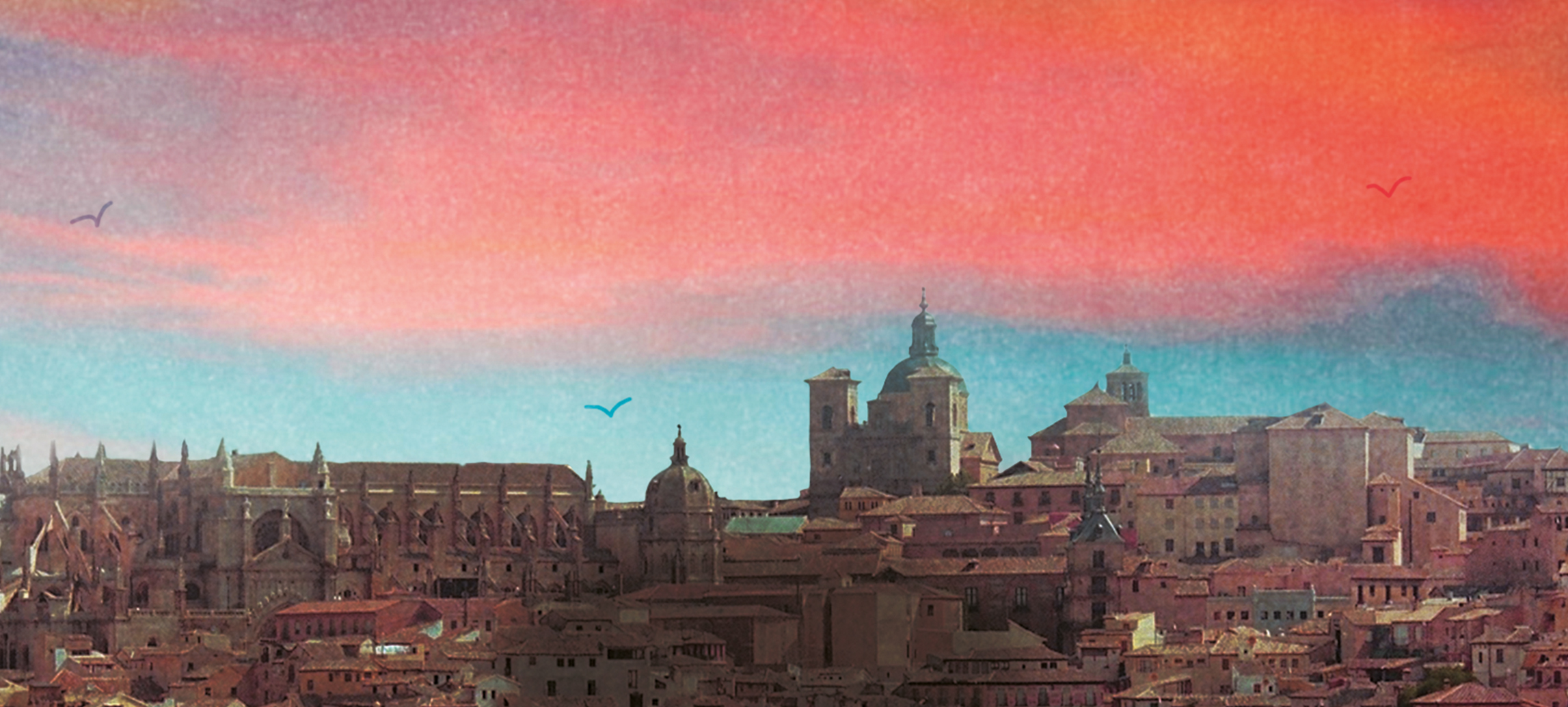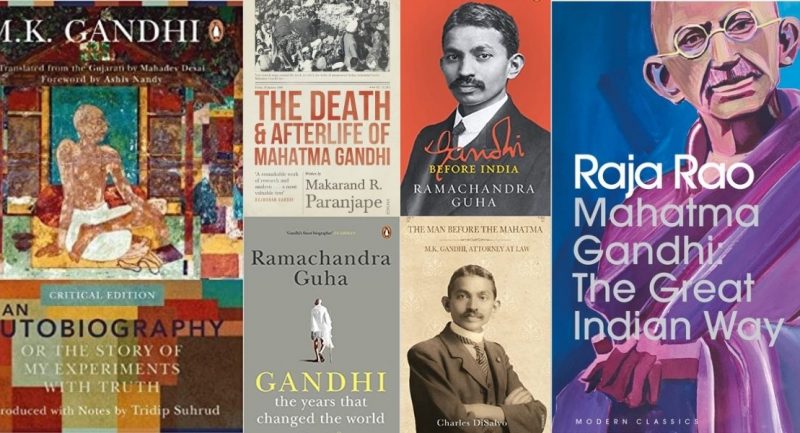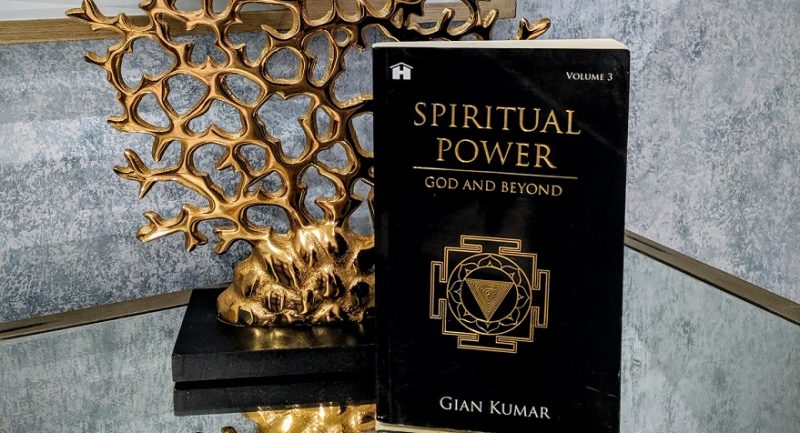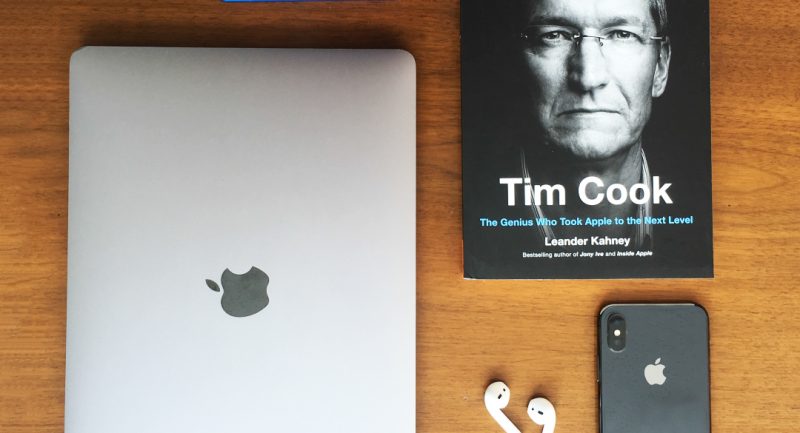
Dreaming of glorious sunrises and architectural marvels in exotic places, energy economist Sudha Mahalingam often landed up in situations that were uproariously bizarre or downright dangerous.
Punctuating her droll stories with breathtaking descriptions and stunning photographs, in her book The Travel Gods Must Be Crazy, Sudha invites readers on an unexpected and altogether memorable tour around the world!
One such destination was Iran, where she was pleasantly surprised at the safety, hospitality and the culture despite travelling solo and since just this one book couldn’t cover all of the author’s escapades, here’s an all exclusive and unforgettable episode from the author’s visit to Iran!
***************************************
When I land in Tehran airport on a balmy day in November, I have a split-second decision to make—who to go with. For, there are two placards displaying my name, one held aloft by a burly man who also has two other placards with other names. The other, with my name scrawled in English by hand, is held by a demure young woman in a stylish manteau, kohl-rimmed eyes scanning the crowds pouring out of the airport. Instinctively, my legs lead me to the woman. Both of us exchange smiles as she leads me out of the airport. I am not sure who she is, although I guess she is not from the conference secretariat. The burly man must be.
As soon as we had boarded the Mahan Airlines plane, we had been shown a video of how women should cover their heads and behave modestly. When it was time for landing, we were all instructed to don our hijabs or chadors and headscarves. I had already bought a hideous yellow-green one from the by-lanes of Nizamuddin Basti in preparation for my first visit to this mysterious country reeling under the Islamic Revolution. When I pull he chador over my head, I realise I am the only woman in a non-black garment in the entire plane. In the next few hours, it becomes apparent to me, I am the only one in non-black chador in the entirety of vas Persian landscape as well.
Haleh, I find out, is the elegant wife of Professor Abdul Majid Eskandari of Tehran University, with whom I had corresponded about my travel plans in Iran. When I had received an invitation to speak in an energy conference in Tehran, my cupidity asserted itself and I had planned to explore at least Shiraz and gorgeous Esfahan on this precious trip to a country relatively unknown to the world in 2003. Little did I know that I would end up going to that country several times over the decade. I needed local help to arrange bookings in Iran and a JNU professor had put me in touch with Eskandari. Honestly, I did not expect Eskandari to send his wife to fetch me from the airport.
If she is taken aback by my outrageous colour choice, Haleh reveals nothing of her surprise. She speaks only a smattering of English. We communicate mostly through gestures. When did that deter me from carrying on a conversation? I mime and clown and she is indulgent. She hails a taxi cab and we both hop in. ‘Have oil, will drive’ seems to be the motto of Tehranians. With a litre of benzene costing less than a Rupee then, Tehran’s wide avenues are choked with traffic and benzene fumes. Paykan after battered paykan jostles for space alongside swanky Volvos and Mercs. The avenues are broad and tree-lined, but the vehicles are bumper-to-bumper.
I crane my neck past the traffic to spot Mt. Damavand clothed in snow. Like Mt. Rainier in Seattle, Damavand is a beacon that beckons aspiring climbers from around the world, those that can manage a visa. We drive for the next hour through heavily trafficked roads to a beautiful suburb. When we alight at the apartment gates, Haleh punches some numbers on the security lock and we enter. As soon as we step into her apartment and shut the door, she yanks her scarf out to reveal gorgeous flaming red tresses that fall to her shoulders. Off comes the manteau too, to reveal a chic and tight Dolce & Gabbana t-shirt over sequinned jeans. I wonder why dress so stylishly when nothing can be seen outside of homes. But Iranian women love their fashion and their make-up regardless.
Haleh switches on the TV while she goes to fetch some lunch for me—boiled broad beans and rice. (Eskandari had been informed of my dietary peculiarities.) A Persian soap is playing on the small screen. Even in indoor domestic scenes, women are fully chadored and demure.
Haleh has a hairdresser appointment that day. She asks me through sign language whether I’d like to go with her. Why not? I am ready in a jiffy, donning my matronly and ugly chador outmoded by a century at least and she, in another stylish manteau and bespoke scarf from Cartier’s or Yves St. Laurent or some such. We head to the local market heaped with assortment of goods—luscious fruits, ersatz labels of fashion designers piled high, and household goods and heaps and heaps of dried fruits.
But we head straight to the salon where she is whisked away behind a screen to be fussed over by a posse of female hair dressers. I survey my surroundings, wondering how much more the hairdressers can do for her already gorgeous hair. Two of the salon’s windows are plastered with hundreds of price stickers with glamorous hairdos of every description and hue—flowing, curled, bobbed, coiffured, crew-cut, in blonde, brunette, black and even streaked—all presumably western women. As I pore over this window, mouth agape, I realise why. You can’t show women’s hair in public in Iran, not under any circumstances. So the hairdressers had come up with the ingenious idea of not showing the face, but only the hairdo. Each face is plastered with a price tag—a few thousand Turmans. May be because they can’t display their hair, Iranian women seem to be obsessed with coiffuring it.
This strict rule that forbid women from showing their tresses comes to haunt me elsewhere, too, although mine is nothing glamorous—limpid and grey. Three days later, I was in the conference, on the dais with two other speakers and three Iranian dignitaries—ministers and the head of the institute which had invited me. That was because I was one of the speakers in the very first session of the conference, after the inaugural address. There is a battery of cameramen and women, training their lenses on the stage to capture the minister’s inaugural address. Flashes pop. Even as I was blinking in the bright light, I feel a tap on my shoulder. A conference factotum whispers in my ear, asking me to pull my scarf tight—the hair in front was showing. Contrite and confused, I try to tuck as much of my unruly wisps into my scarf in the full glare of cameras and flashes.
That evening, Eskandari drops me off at Mehrabad airport to put me on a plane to Shiraz. The flight was late by two hours, but he assures me it is okay. I have been booked into the guest house in Shiraz University. The plane lands around 11 pm. As I step out, a cab pulls up beside me and I hop in. Another passenger comes running, yanks open the front door and dives in, muttering an apology to me. That’s when I realise it is not unusual for total strangers to share a ride. The cab deposits me at the gate of Shiraz University where I would be staying three nights. There is a bell pull at the gate which the cab driver pulls and waits for the caretaker to come and open the gate.
An elderly caretaker emerges from the shadows. Obviously, he was expecting me. The cab leaves only after I am let in. The caretaker leads me wordlessly through the winding internal roads to the reception of the women’s guest house. He gestures me to sit on the sofa and disappears into an adjoining room to re-emerge with a thermos in hand. At that hour, close to midnight, he whips out a glass mug and pours the reddish black tea into it and proffers a bowl of sugar cubes. I pick one and plop into my tea and he looks at me disapprovingly. He pours himself a glass too, bites the sugar cube between his teeth and sucks the tea through the sugar cube. That’s the way Iranians drink their tea. Anybody who does otherwise is deemed uncivilised, I suppose.
Over the next few days, I wander around majestic Persepolis, the ancient capital of the mighty Darius and Xerxes, elegant and sophisticated Shiraz and seductive Esfahan. For those of us whose childhoods were enlivened by tales of Haji Baba, the very mention of Esfahan might conjure up visions of busy bazaars laden with a profusion of goods of the oriental variety, mullahs hurrying down the labyrinthine alleys, exquisite mosques, minars and sprawling gardens at every bend and corner. Indeed, Esfahan today is all this and more. It is a modern city with wide roads, frequent air, train and bus connections from major Iranian cities, and is the seat of an accomplished modern university. If you go looking for your beloved Haji Baba, you might even find one. But you will also find elegantly dressed men and women promenading the sidewalks and tucking into feludae served in polystyrene foam cups. Horse-drawn tourist carriages jostle for space alongside fast cars and motorbikes and touristy shops packed with every conceivable kitsch alongside genuine Persian handicrafts vie with one another for the attention of your wallet.
Over the next many visits, Iran holds out many surprises for me. One thing that came across clearly is that it is absolutely safe for women, especially foreign women to travel alone in this country. I visited Qom, the mullah factory, Yazd, the desert caravanserai, Tabriz of Persian carpet fame and of course, Persepolis and Shiraz and drop-dead gorgeous Esfahan, all alone. I even visited the secretive Natanz town infamous for its uranium enrichment plant, but no one shooed me off.
At the stunning Loftullah mosque in Esfahan, I am first issued an entry ticket meant for locals. As I count the wads of Rials and Turkmans in confusion—even an entry ticket in Iran would run into thousands of Rials putting the Japanese yen to shame—the counter official asks me something in Farsi. I nod my head. He grabs back the ticket and issues me a dollar-denominated one which cost ten times as much! Wearing the stylish manteau which Haleh had kindly lent me doesn’t help. My Indian headscarf is a dead giveaway!
Get a copy of The Travel Gods Must Be Crazy for more such breathtaking adventures!









